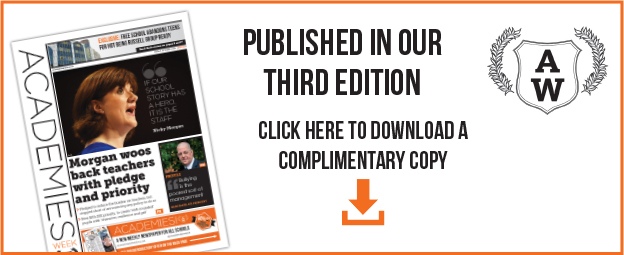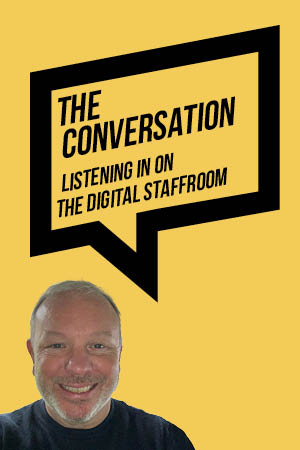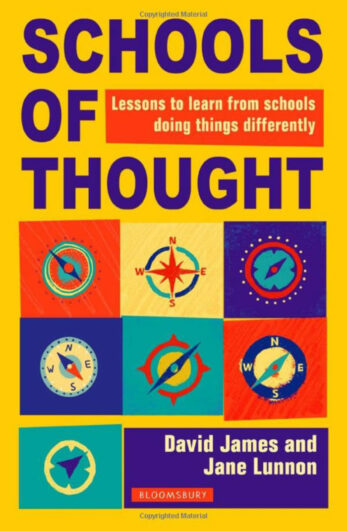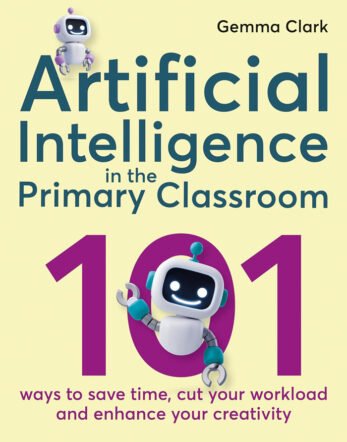Let me set my stall out: I don’t particularly like iPads. I have settled in the other digital camp as I find Android devices more flexible and, let’s be honest, cheaper (which surely must figure as a priority to a school).
That said, my experience of using iPads across a school with approximately 2,000 students has been a positive one, mainly due to the ease of management of the devices and a talented IT team.
So why am I interested in this book? Well, for one thing, I am a parent of a child just starting school who uses tablets naturally (just as the author describes his own child doing). And, as a teacher who uses them and develops ideas for their use in school, I am interested in reading what is being recommended to teachers in primary school – the author’s target audience.
So what does Freaked Out have to offer the primary (or secondary) school by way of advice? The author clearly has a lot of experience in using iPads and his technical advice is authoritative and simple.
The book begins with a guide to using an iPad; from turning it on, through setting up an iCloud account, to downloading an app (starting with the Aurasma app, which becomes important later). There are many screenshots showing how to complete tasks, though these may already be slightly out of date as iOS (the operating system for iPads and iPhones) has just been updated to a new version; the perils of print in a digital age. The author gets around this by littering the book with useful QR codes and images that link, via an iPad’s camera and the Aurasma app, to online content. This makes reading the book a very interactive experience, and gives you some idea what a student’s experience of integrated digital and traditional resources might be.
This is a useful book for headteachers and teachers dipping their toes into the world of digital technology in school
The book describes projects and structures for effective use of the technology, for example the “Skillshare projects” that the author has developed and led. These have been devised to help different generations in communities form a bond by learning to use digital technologies to enhance their lives. The account is very persuasive on the potential of the ubiquity of these devices in our lives to allow more social interaction and learning, not less. This aspect of the book was most interesting to me and seemed to strengthen the author’s main message that technology should not frighten or make us “freak out” when used in school or in our daily lives. Sadly, not enough space is given to exploring these ideas in detail.
There are bullet point lists and wishes of good luck as the text moves from describing the use of a particular app or technology to wider experiences such as the Skillshare projects with barely a paragraph to link them. I found this frustrating, as I would have liked the “dummies guide to iPads” to have been separated from how to introduce digital technology effectively into school. They are different problems and need space to be explored properly. This is most obvious in the FAQ section at the end which includes good advice such as “boring stuff on an iPad is still boring stuff”. This simple message would have made a great chapter about how iPad use in the classroom goes wrong.
In summary, this is a useful book for headteachers and teachers dipping their toes into the world of digital technology in school, as well as a handy reference for those wanting more ideas to use tablet and smartphone technology to greater effect.
It appears to be aimed at primary educators, yet I think the content is pertinent to all settings from early years to sixth form colleges.
If you are new to using tablet computers in school you will find this book a useful introduction, but this non – Freaked Out reviewer wanted to read a more in-depth exploration of good and bad use of the technology.
Alex Weatherall is a teacher of science and computing and tweets as @A_Weatherall







